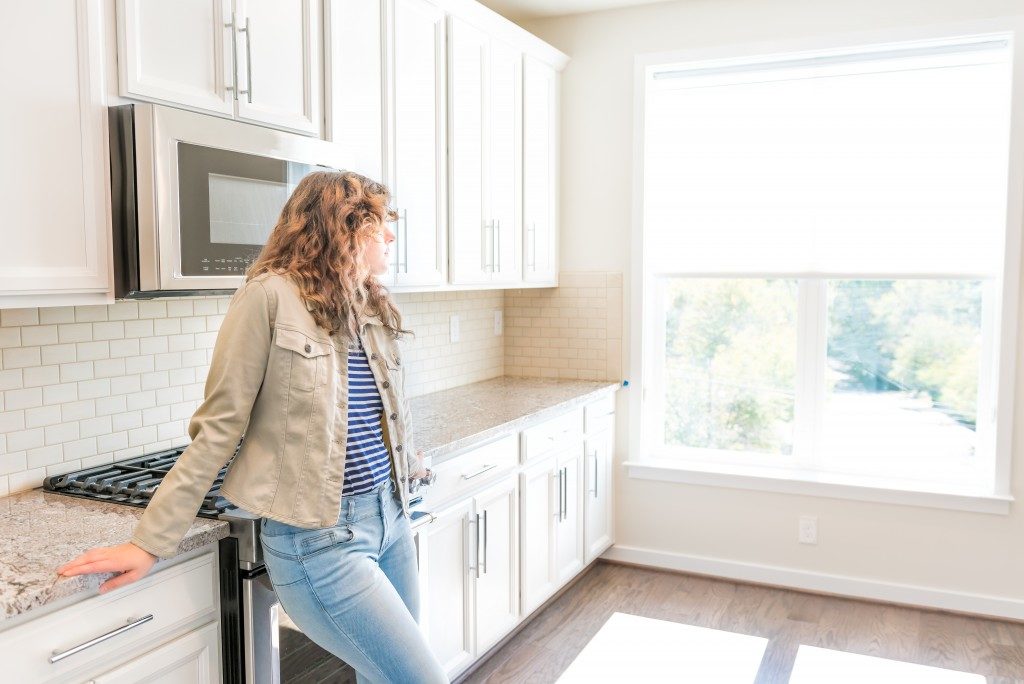A lot more Americans are living together prior to wedding bells ringing. Interestingly, they’re not just moving into their SO’s place or renting an apartment, but actually buying a property themselves.
But as you know, this move is far too risky, given that unmarried couples don’t have the same benefits as married ones in the eyes of the law, and well… people simply fall out of love. So naturally, most of the unweds would have a lot of questions — which aren’t the most comfortable to talk about.
If you’re in the same boat, here are the answers to your burning questions:
Do we really have no legal protection?
While married couples are protected by family laws, with the courts deciding who gets what when they split up, or someone dies, in your case, there’s simply no such thing. The law treats you and your SO as individuals owning such a property.
The good news though is you can draft your own rules regarding the matter. It’s called the cohabitation property agreement. You can specify there the percentage of the house each party owns, the payment obligations, the division of the asset in the event of separation, the dispute process, among others.
It’s best to do this right at the beginning of home ownership, while your relationship is still pretty stable. So, it might not be the most romantic thing to do at this point when you’re all filled with butterflies in your stomach as you welcome this new chapter in life, but still, sit down with your partner and talk about home ownership duties. Call in a lawyer to formalize your agreement.
What happens to our mortgage?

When it comes to applying for home loans, Utah County financial experts say that institutions care less whether you’re married or not — what matters is your ability to pay the debt. You probably think that lenders will grow concerned with mortgage payments not being made if you break up, but that risk also applies to married couples, remember.
So, yes you can still borrow money regardless of your relationship status. When you and your SO both apply for a mortgage, you can merge your income to boost your chances of getting a bigger loan. However, you might find it hard to qualify, or you might be paying a significantly higher rate later if one of you has a weak credit.
Remember that lending companies usually get a lower score when two people are involved. If this is your case, then it’s better to apply in just one partner’s name. Of course, there’s also a risk in this set-up.
You bear the sole responsibility of paying off the debt. If you break up and your partner doesn’t commit to the payments, the lenders will come after you. If you’re unable to pay, that will hit your credit score really hard.
What happens to the house if we break up?
Again, this will depend on your cohabitation property agreement. That’s why, again, it’s crucial that you iron this out while you and your SO aren’t in conflict yet. If, say, in the agreement, you own 75% of the house, then you can buy out the remainingpercent from your ex.
You will have to refinance though if you and your partner are both on loan. But if you haven’t done your homework and don’t have a legal agreement to refer to, you and your ex may compete in buying out the property.
If you don’t want to do that, you may sell the house together and split up the profits. The financial institution can also force sale of the property.
Home buying is a lot more complicated for unmarried couples. And ultimately, it’s because relationships are tricky, fragile, and overwhelmingly unpredictable. So, as you enter this new chapter in your life, don’t be fixated on the cool house you’re getting, but on the intimacy, you’re supposed to be keeping alive.

